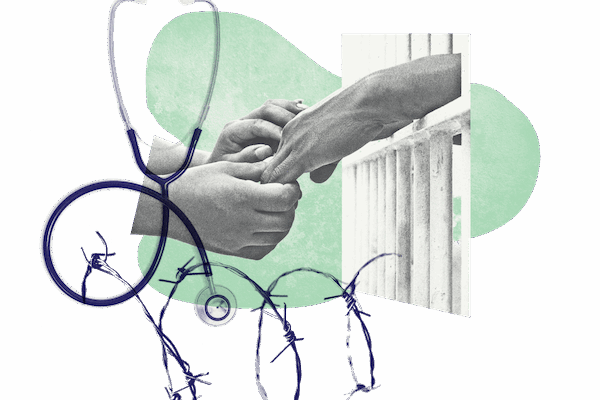Following news that drug overdose deaths have dramatically increased over the course of the COVID-19 pandemic, members of the Maine Coalition for Sensible Drug Policy call on Maine officials to revisit policy recommendations that will save and improve the lives of Mainers who use drugs.
“The shocking rate of drug overdoses in Maine remains a public health crisis, and that is the policy approach we need to take if we want to reduce overdose deaths,” said Meagan Sway, policy counsel for the ACLU of Maine. “Now more than ever, we see how concentrating almost all of our state’s resources into incarceration and criminalization for drug use has exacerbated the crisis and wasted resources. These resources could have been effectively spent housing and supporting individuals who use drugs to keep them safe."
In January of 2019, the Coalition released a report with a series of recommendations intended to serve as a policy map for supporting people who use drugs, their families, and our communities. Recommendations include:
“Decriminalize possession of all drugs….Eliminate the permissible inference of trafficking or furnishing based solely on the weight or amount of a substance possessed by the accused and add intent as an element of the crimes of trafficking and furnishing.” This proposal was introduced in the 129th Legislature through LD 1492.
Fund and sanction the establishment of safer drug consumption facilities in major metropolitan areas throughout Maine.
Increase access to housing for people in all stages of recovery, including people who are actively using drugs, people in short-term recovery and people who are pregnant or parenting.
Other recommendations from the Coalition’s report can be found here.
“While the state has taken tremendous strides to strengthen harm reduction and recovery resources, we cannot continue to criminalize the people we claim to help and support. We cannot punish people into recovery,” said Whitney Parrish, Advocacy Director of the Health Equity Alliance, which is the convener of the Coalition. “Policy makers and the Mills administration need to stop criminalizing overdoses and stop their unwillingness to look at systemic responses. Instead, they should champion life-saving proposals, such as safe injection sites. The data make that clear."
Stay Informed
Sign up to be the first to hear about how to take action.
By completing this form, I agree to receive occasional emails per the terms of the ACLU’s privacy statement.
By completing this form, I agree to receive occasional emails per the terms of the ACLU’s privacy statement.

